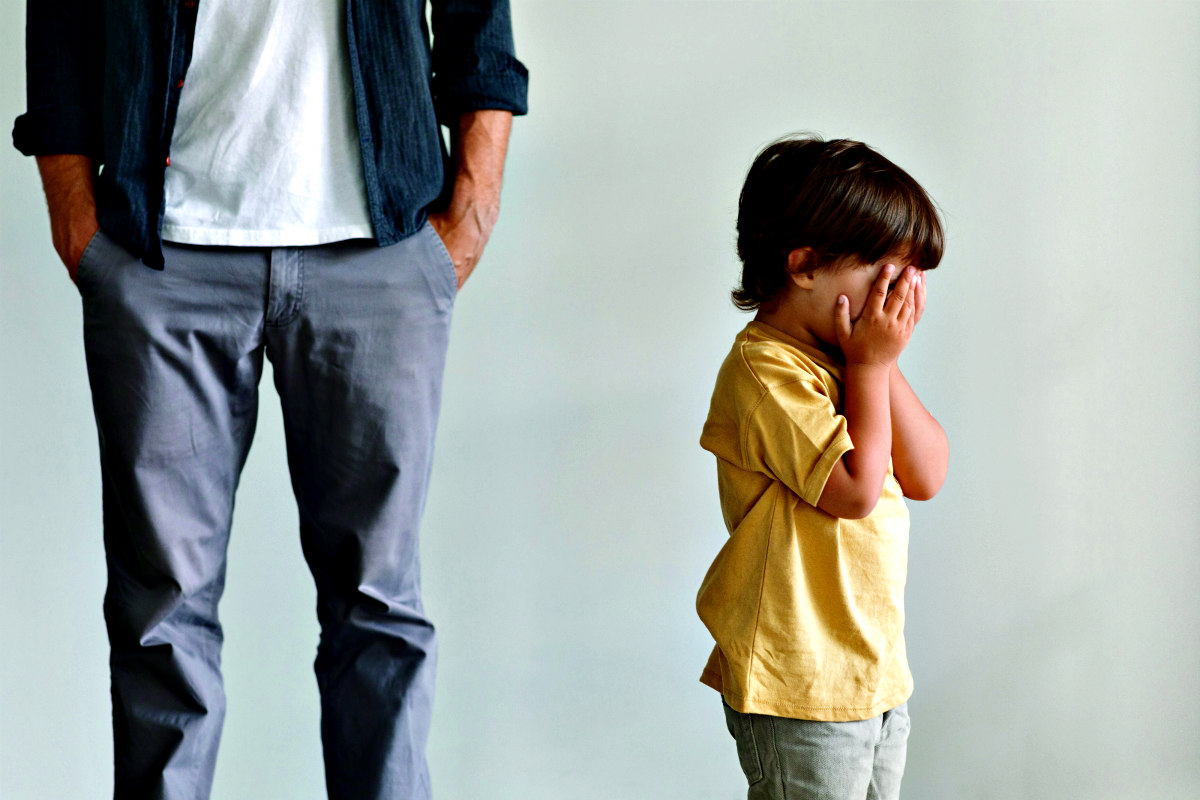Helping your Children Cope with Trauma When You Have Been Impacted Yourself

As I was writing about the effects of the pandemic on all of us and how that has impacted our mental health, I realized that parents would be asking, “What about our children?” It is true, our children will feel the impact of the pandemic themselves and/or recognize that their parents are struggling with trauma. With mental health services being harder to access right now and wait lists more common, it would be important that you, as the parent, have some good tools to help your children manage more effectively. Here are some ideas for what you can do.
Validate your children’s emotions. This is always good to do with your children. Pay attention to your children and how they are feeling. Accept those emotions as normal reactions to their experience. Allow your child to have these emotions without giving them the message that they need to hide or be ashamed of the emotions. Validation means hearing them, understanding, and not being dismissive. Saying something like, “Smile, it is a great day” is not a validating statement when they are saying they are sad. Saying, “I know you are very disappointed today,” is a validating statement. Allow your children to have their experiences and how they feel, and don’t talk them out of it. You, as the parent, hold the space for however your children are feeling.
Soothe and Comfort your Children. Allow your children to be close to you. Hold them, hug them, tell them stories, reassure them that you are here for them. Show them you are reliable, always showing up when you say you will and being there for them. Bake together and fix your favorite meals together. Time is a valuable gift.
Teach them Self-Soothing Techniques. Share your own self-soothing techniques with your children. Teach them breathing exercises and work on this together. Use the family pet to spend time with bringing in calmness through petting and playing with your pet. Bring out coloring books and work on a picture together. Set your children up to know how to find a mindfulness project through any of the senses to bring their attention back to this moment and not be stuck on the “worry train”.
Encourage your children to talk about their feelings and spend time listening. Ask open-ended questions inviting your children to tell you how they are feeling and where they feel it in their body. Be interested and listen to understand. Healing for your children starts when feeling heard (listening), understood (validated) and loved.
Continue with an established daily routine. This really should be the first thing you always instill in your family. But right now, it is more critical than ever. Have the daily routine and keep that regime going. Structure ensures feelings of safety, and your children need to know all is well. Life has continued as it always does. Your children know they have to go to bed at the scheduled time, get up at the same time each day and do their chores. They know that the family will sit down for dinner at 6:00 p.m. Regular mealtimes and coming together can be an anchor in times of chaos.
Of course, if the signs and symptoms are there and are not decreasing, you may want to seek professional services. In the meantime, make sure you are doing all you can do for your children with a good parenting skill set to help your children get back on track.
Tags: helping your child through trauma, parenting skills for being there for your children, teach your children how to self sootheABOUT THE AUTHOR

Janie Pfeifer Watson
Licensed Independent Clinical Social Worker
Licensed Independent Mental Health Practitioner- Janie Pfeifer Watson, LICSW, is the founder and director of Wholeness Healing Center, a mental health practice in Grand Island, Nebraska with remote sites in Broken Bow and Kearney. Her expertise encompasses a broad range of areas, including depression, anxiety, attachment and bonding, coaching, couples work, mindfulness, trauma, and grief. She views therapy as an opportunity to learn more about yourself as you step more into being your authentic self. From her perspective this is part of the spiritual journey; on this journey, she serves as a mirror for her clients as they get to know themselves—and, ultimately, to love themselves.
LATEST ARTICLES BY Janie Pfeifer Watson
- Letting Life Unfold – Embracing the Musical Nature of Existence
- Silence Good for the Brain and for your Mental Health
- Mastering Resilience: How to Manage your Response to Challenging Situations
- Celebrating 25 Years of Business A Journey Marked by Resilience, Growth, and the Power of Community
- COVID-19 – Heightened Mental Health Awareness and Employer Appreciation
Subscribe today
Sign up to receive the latest mental health tips and inspiration